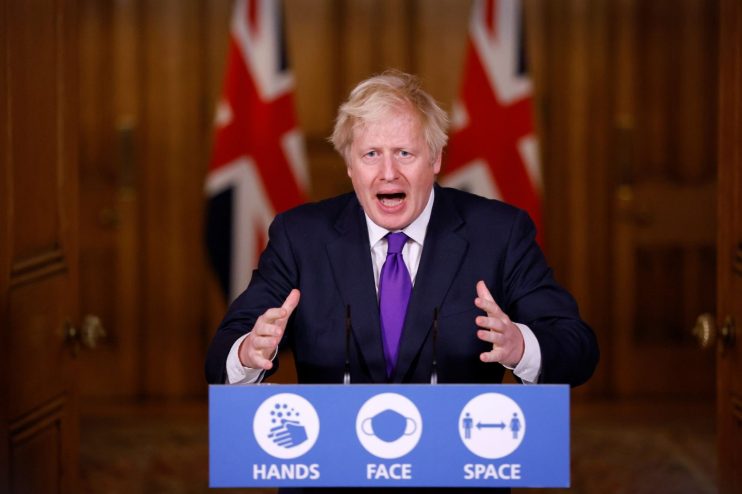Swift vaccine approval is a British success story

It was wonderful to wake up on Wednesday to some good news.
Yes, the UK Medicine and Healthcare products Regulatory Agency (MHRA) has approved the Pfizer/BioNTech vaccine for Covid-19. The first doses of the vaccine could be delivered as early as next week.
The MHRA’s swift approval makes it the first agency in a western country to issue regulatory approval for a coronavirus vaccine, for which officials there deserve huge praise and thanks.
The icing on this good news cake is that it is in part thanks to Brexit that the UK got this done quicker. Brexit will save lives, even before the transition period ends.
When various Brexiteer politicians highlighted this British success, grumpy remoaners desperately tried to pour cold water on the suggestion. They point out that technically the UK remains under the “authority” of European Medicines Agency (EMA) until 31 December, meaning that the MHRA could have authorised the vaccine regardless of Brexit.
That point is totally academic and fails to give credit where it is due. Yes, any EU country could have opted out of the EMA under a clause which allows them to temporarily authorise distribution of an unauthorised medicinal product in an emergency — like coronavirus.
But none of the EU’s remaining 27 members chose to do that.
Instead, they were locked into a common approach and stayed under the guidance of the European Commission, which has negotiated a central vaccine policy. Germany’s health minister even admitted as much, saying that, while his country could have fast-tracked vaccine authorisation, “we opted for a common European approach to move forward together”.
The cumbersome EMA says it will decide by 29 December whether to authorise the Pfizer vaccine. That means no vaccinations in EU countries until 2021. With the taste of Brexit already in the air, Britain went alone and took advantage of its independence from EU bureaucrats.
It is worth stressing that the EU delay is not because the EMA process is safer. Nor has the MHRA approval been rushed through. Its chief executive June Raine explained that her team “worked around the clock” to review more than 1,000 pages of information. They worked faster and smarter to get approval fast-tracked, allowing the different trial stages to overlap, and then did a rolling review of the data rather than doing it in a linear fashion. She insists that “no corners have been cut”.
Now the vaccine will be rolled out here in a matter of days. In the UK we are pushing on with saving lives while in Europe the approval process rumbles on.
This should be front of mind for the government while Brexit negotiations continue. The Prime Minister would clearly prefer to end the year with the “triumph” of announcing a breakthrough deal, but he should be wary of selling us out now at the moment of peak opportunity.
Given the exemplary way that British businesses have adapted to the monumental disruption we have all seen this year, we can be confident that any bumps in the road after the transition period ends will be absorbed with little fuss or concern. And the advantages of being able to move swiftly and unilaterally have never been more apparent.
We must take courage and encouragement from the experience of the MHRA vaccine approval. It shows what can be done when Britain brings back control. We will work hard and work smart; we can achieve great things. But now is the time to stand strong in our negotiation.
We business folk always know: no deal is always better than a bad deal.
Main image credit: Getty